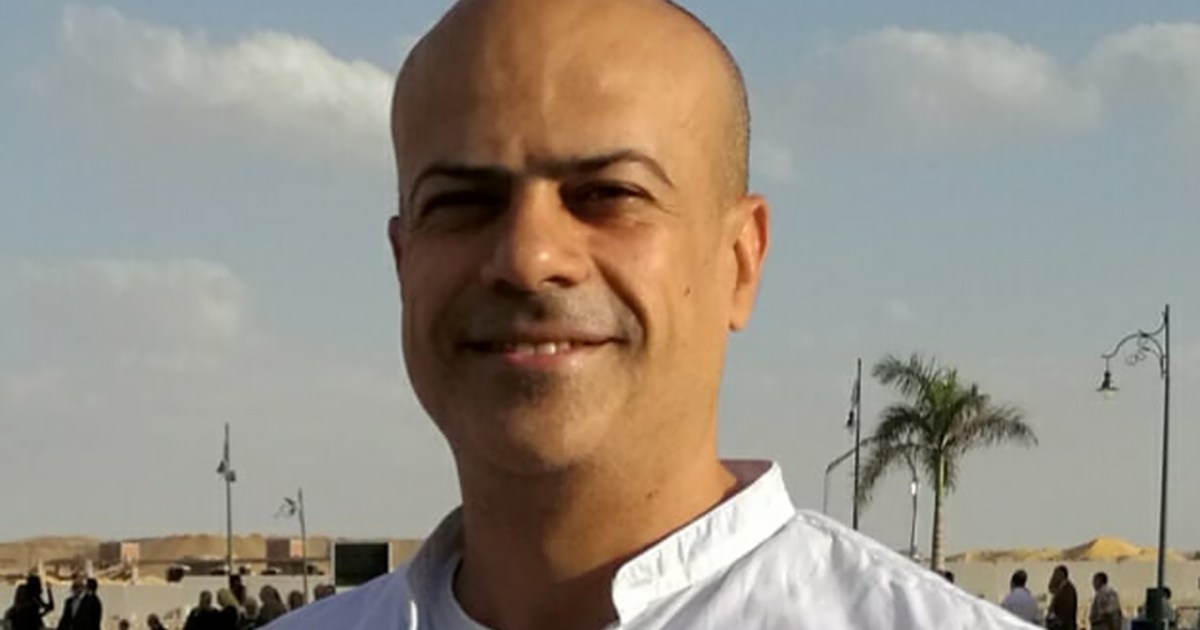On Monday, the US State Department called for a "comprehensive, transparent, and credible" investigation into the death of Egyptian economic researcher Ayman Hadhoud, who died in a psychiatric hospital in Cairo, where he was referred by the security services that detained him.
"We are deeply concerned by reports surrounding the death and detention of Egyptian researcher Ayman Hadhoud, and allegations that he was tortured while in detention," ministry spokesman Ned Price said in a press briefing.
"We believe that the circumstances of his arrest, treatment and death require a comprehensive, transparent and credible investigation without delay," he added.
Last month, Amnesty International announced - in a statement - that its investigation, based on official records and interviews of witnesses and independent experts who examined leaked photographs of Hodhoud's body, had completed the investigation.
He strongly suggests that he was tortured or ill-treated prior to his death.
The security services detained Hodhoud last February and referred him to a psychiatric hospital in Cairo. The Egyptian Public Prosecution said last month that it did not find any evidence of a criminal suspicion in his death.
Hadhoud was an economic researcher and a member of the Reform and Development Party, which holds a limited number of seats in the Egyptian parliament.
His brother Omar told Reuters that Ayman had no history of mental illness, and that he had publicly stated opinions critical of the authorities although he had not been subject to any known investigation prior to his arrest.
Egypt is an important ally of Washington in the region, but the administration of President Joe Biden withheld $130 million in military aid last January due to human rights concerns.
Days before that move, the administration approved the sale of air defense radars and C-130 "Super Hercules" aircraft to Egypt, at a total cost of more than $2.5 billion.
The political opposition in Egypt has been facing a massive campaign since Abdel Fattah al-Sisi, when he was defense minister, led the ouster of the democratically elected late President Mohamed Morsi in 2013.
Rights groups say tens of thousands of Islamists and liberal opponents have been detained in recent years, and many have been denied due process, ill-treatment or poor detention conditions.

